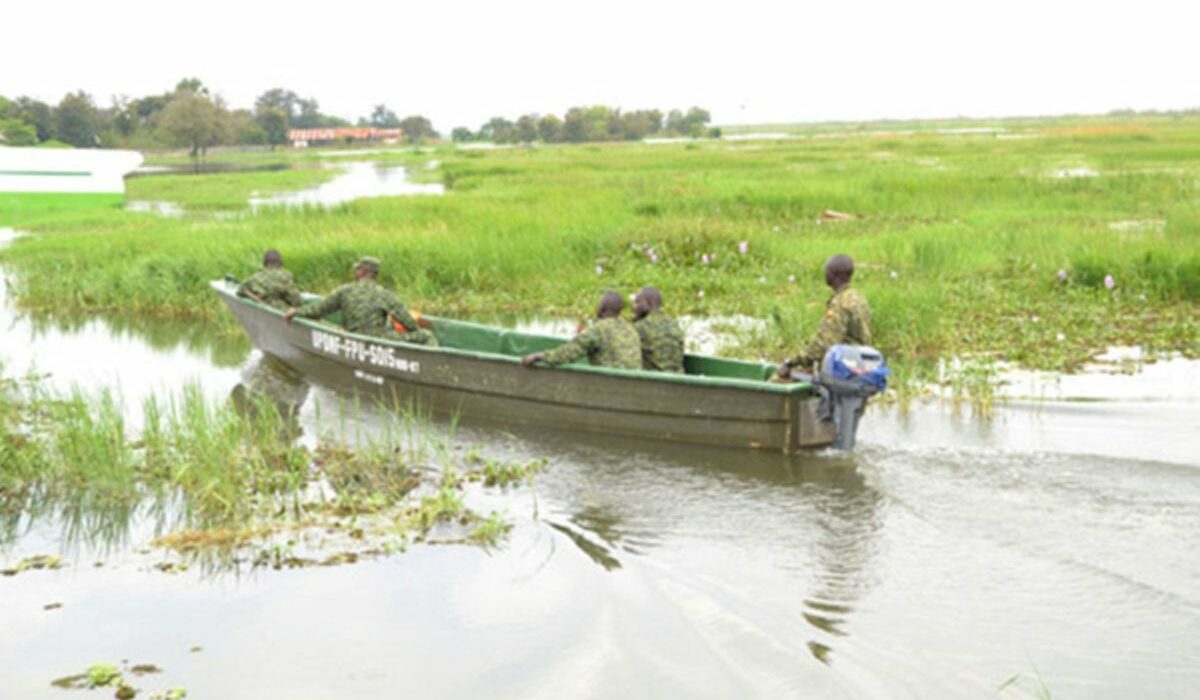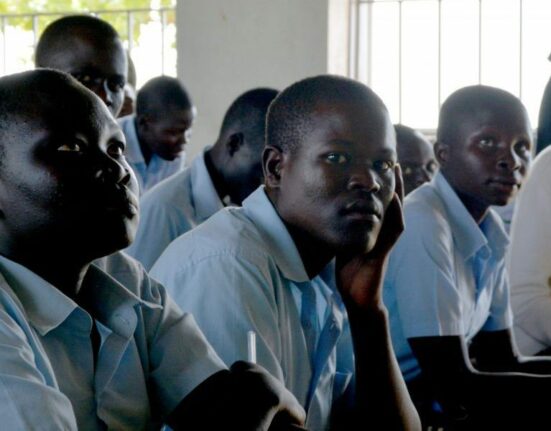Government and conservationists are urging the public to contribute to the conservation of wetlands, emphasizing their importance for development. They highlight wetlands as delicate resources crucial for safeguarding the country against the adverse effects of climate change. Conservationists note that the changing color of water in areas like Lake Victoria’s shores is linked to wetland destruction, which sequesters 30 percent of the world’s carbon.
Anthony Wolimbwa, National Coordinator at the Climate Action Network Uganda (CAN-U), attributes the decline in wetlands to poor governance and the absence of specific legislation for wetland protection. He criticizes the government for allocating wetlands to investors without recognizing their ecological value.
Wolimbwa emphasizes the need for dedicated wetland legislation and urges collaboration among various sectors for integrated conservation efforts. He advocates for government intervention to buy critical wetland areas and provide alternative livelihoods for those dependent on wetlands.
Samuel Cheptoris, Minister of Water and Environment, underscores the interconnectedness of wetlands and human well-being, urging responsible stewardship. Despite government efforts to conserve wetlands, Cheptoris highlights ongoing damage caused by human activities, particularly unsustainable agriculture.
Cheptoris reveals a decline in wetland area between 1994 and 2015, prompting the government to escalate conservation measures. These efforts include canceling wetland titles, restoring degraded wetlands, and providing alternative livelihoods to wetland users.
Dickens Kamugisha, Executive Director of the Africa Institute for Energy Governance (AFIEGO), expresses concern over the impact of oil activities on crucial wetlands such as the Murchison Falls-Albert Delta Ramsar site. He calls on the government to prioritize wetland conservation by refraining from licensing activities that harm these ecosystems.
As Uganda marks World Wetlands Day, conservationists stress the urgent need for proactive measures to protect these vital ecosystems.






